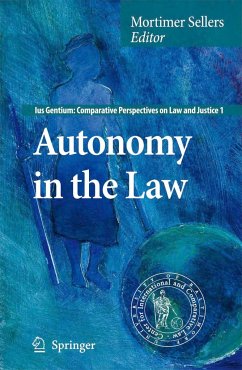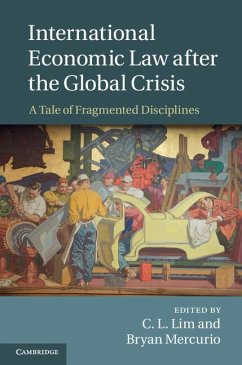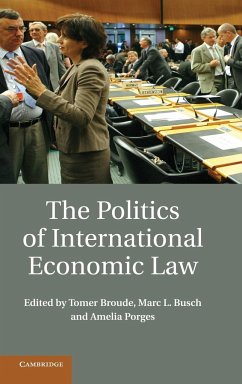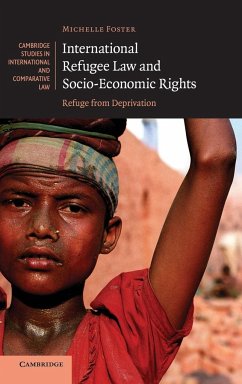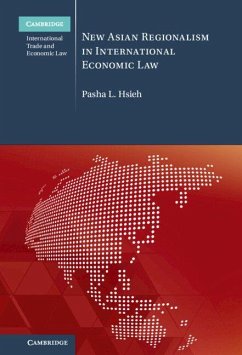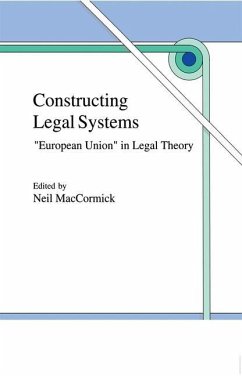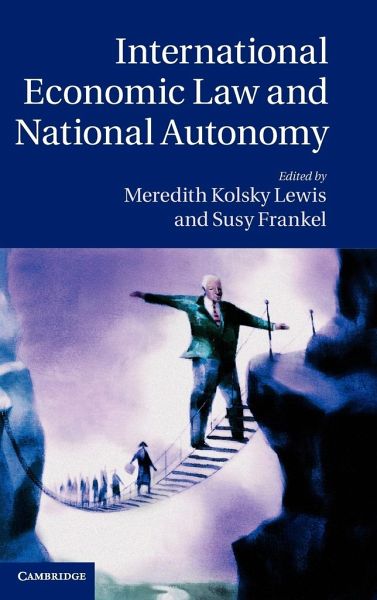
International Economic Law and National Autonomy
Versandkostenfrei!
Versandfertig in 1-2 Wochen
57,99 €
inkl. MwSt.
Weitere Ausgaben:

PAYBACK Punkte
29 °P sammeln!
International commitments may sit uneasily with national pressures in the best of times. This age of economic uncertainty brings these tensions into sharper relief. This volume draws together thirteen analyses of this tension in a wide array of contexts, including each of the three main pillars of the World Trade Organization, international investment law and arbitration, and the international financial institutions. The essays feature internationally recognised experts addressing topical examples of international economic law obligations clashing with domestic political interests. For example...
International commitments may sit uneasily with national pressures in the best of times. This age of economic uncertainty brings these tensions into sharper relief. This volume draws together thirteen analyses of this tension in a wide array of contexts, including each of the three main pillars of the World Trade Organization, international investment law and arbitration, and the international financial institutions. The essays feature internationally recognised experts addressing topical examples of international economic law obligations clashing with domestic political interests. For example, Professor Robert Howse, of New York University Law School, addresses issues of globalization and whether international and national interests can in today's world be considered separate, while Ko-Yung Tung, the former Director-General of the World Bank, looks at trends in investment treaty arbitration and considers what the future may hold in light of the recent financial crisis, the rise of China as an economic powerhouse, and other factors.








